Tagged: writer’s fun zone
This is the first year in the three years that I’ve been doing NaNoWriMo (National Novel Writer’s Month) that I didn’t “win”. In case you don’t know, NaNo is where you write 50,000 words in the month of November. I started my fourth novel for NaNo this year and then life got in the way. I’ve been disciplined enough to write a novel outside of November in the past but having that month to completely focus on word count has always been ground breaking. Being competitive with yourself works for some people but not for others. It works for me.
All fiction genres have plots. A story needs a story-line, something that pushes the characters from page one to the end. When we look at a mystery, we want to see how the main character is going to solve the mystery and save themselves and probably their lover. In romance, the plot HAS to be driven by the romantic relationship of the hero and heroine and by the turning points in their romantic relationship.
I wonder have you ever thought of gifting your writing. One thing that many writers have in common is that they are short of time and short of money. Maybe this year, your writing could be the gift you give.
I’m not a fan of Sara Gilbert per se, but she delivered a great TED talk on the Muse. And based on that talk she has just published a book on creativity called Big Magic
If you could give yourself a present for the holidays that would improve your life, your art and your relationships with others, what would it be? For me it would the gift of confidence! Having confidence in yourself as a writer and as an artist is crucial to your success and to your very survival in what can often seem to be an indifferent world. To have confidence in yourself is to appreciate and treasure your uniqueness and singular point of view that no one else in the world has.
It’s been a long standing tradition that writing contests are not only good for finding those story jewels ready to be published, but they serve as a great platform for feedback even if the author doesn’t win the contest.
I was out hiking with my wife yesterday on Thanksgiving and everyone was extra nice. I saw families spending time together. It looked like people were actually enjoying themselves.
As a relief from my freeway commute in the mornings, I’ll sometimes get off and head west toward the Pacific coastal range, past ranches and pastures, over rolling hills and through redwood groves.
When I started writing years ago, I would have given anything for the opportunity to have a professional in the writing world take a look at my story, tell me I was brilliant. I was so thrilled to give my story to family and friends and then hurt and disappointed when they either didn’t finish reading it or dodged me when I asked them if they liked it.
I’m an Alfred Hitchcock fan. He was the master of suspense, and he has influenced my writing. Here are links to short interviews by The American Film Institute.
Few writers pay much attention to character placement, but this is something of paramount concern to filmmakers, and a subject I cover in depth in Shoot Your Novel. A director has to lay out his camera shots, deciding when a close-up shot would be more effective than a long shot, for example. He may want the camera positioned far away from the action, to make details unclear and evoke curiosity or misinterpretation. Or he may have an extreme close-up to ensure viewers don’t miss a tiny detail that is crucial to the plot.
About 3 months ago I submitted my writing to a chapter contest for Romance Writers of America. I received the feedback a little over a month ago and am just now writing a post about it because I was too embarrassed to share before.
We all face it, that frightening moment when our flying fingers pause mid-motion over the keyboard. Wait, was that the wrong tense? Did I say that before? Is that a realistic reaction from my character? Oh pink elephants, that’s too predictable!
Why do we let failure identify us? Why do we not realize that adversity, burdens, writer’s block, etc. are just isolated events from which we can recover? Sometimes we let failure define who we are, making us believe we’re actually … A failure!


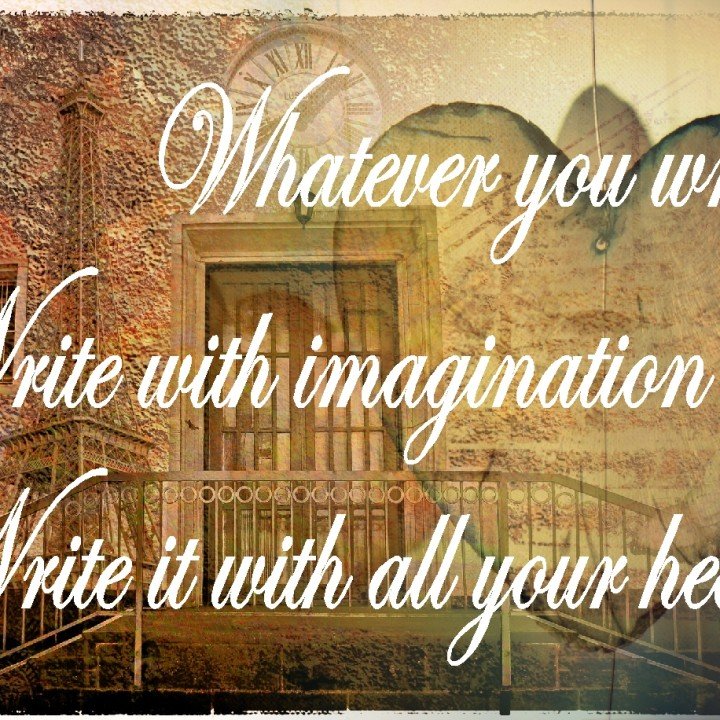
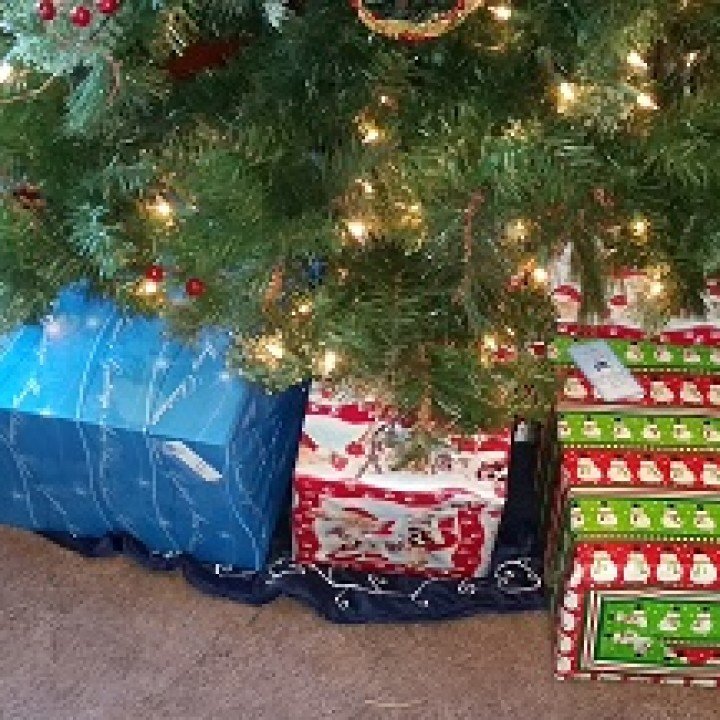


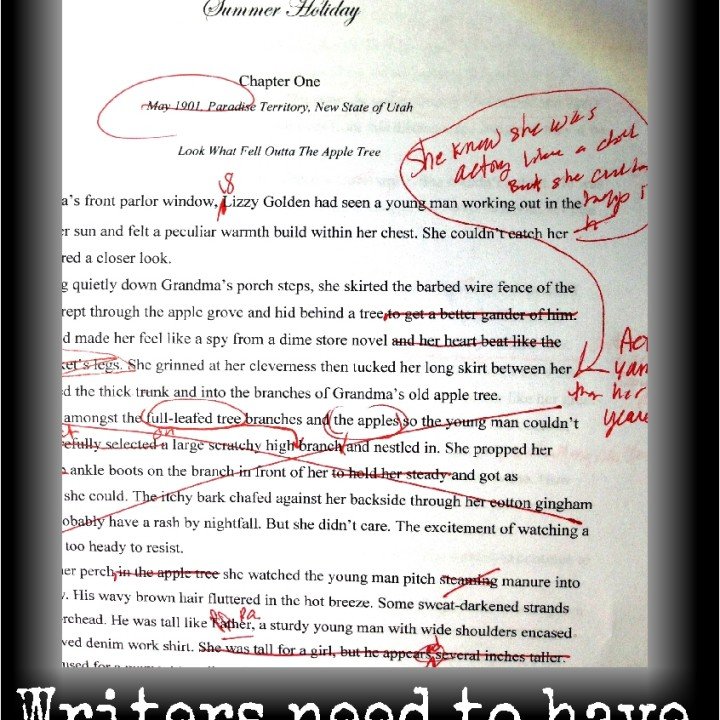


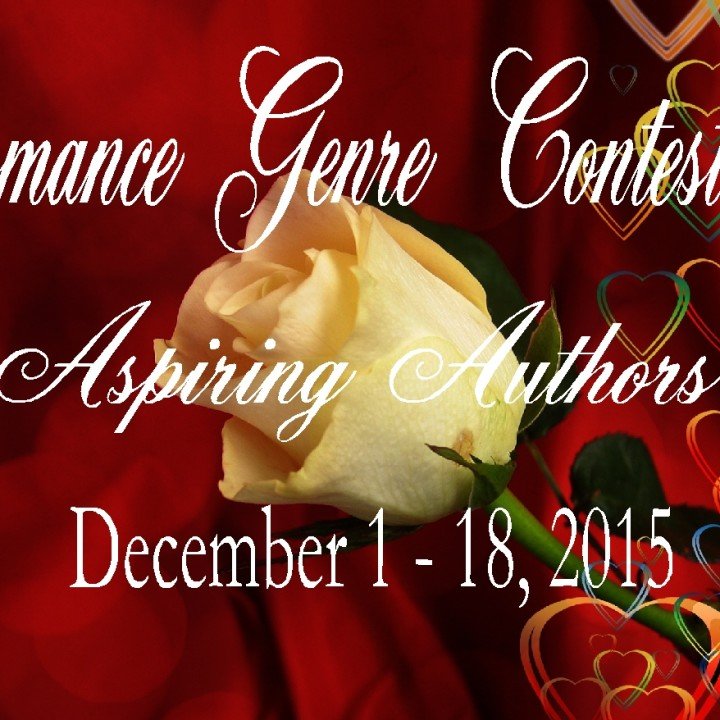
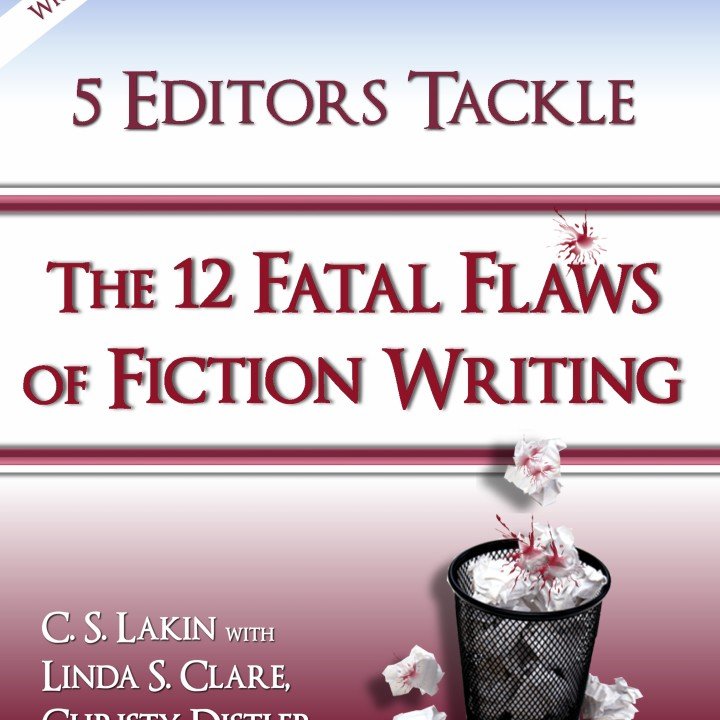


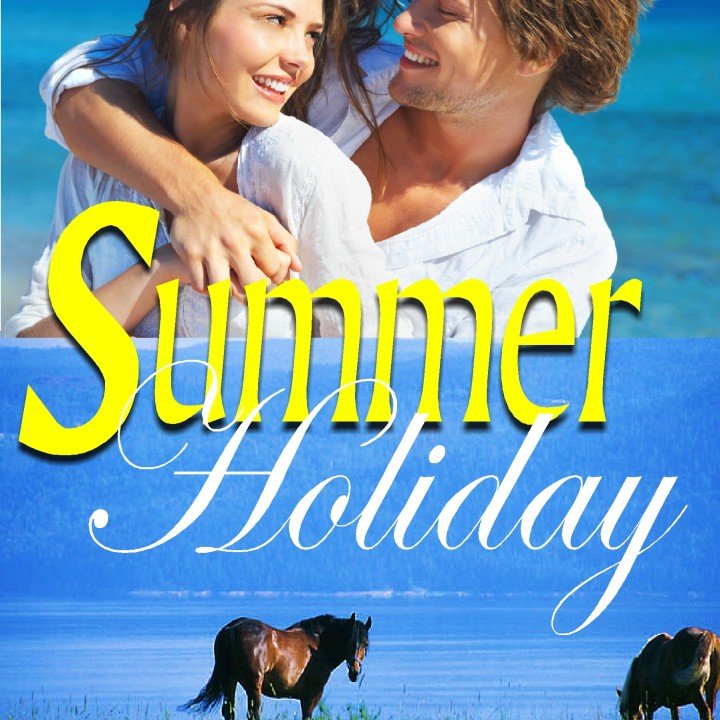



Recent Comments